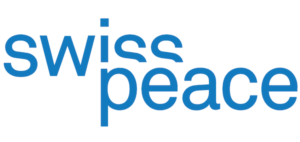Operational context
At the end of June 2020, Ethiopia hosted 342,765 South Sudanese refugees of whom 319,130 were sheltered in seven camps in the Gambella Regional State. This includes 83,616 refugees in Nguenyyiel camp, 64,898 refugees in Tierkidi camp, 58,935 in Jewi camp, 45,399 refugees in Kule camp, 43,433 and 9,313 refugees in Pugnido1 and 2 camps and 11,806 refugees in Okugo Camp. A further 1,730 refugees are accommodated with the host community in Akula. Most new arrivals into Gambella are expected to be relocated to the Benishangul-Gumuz Region following a Government policy issued in January 2019 requiring such transfers. As of March 2020, Ethiopia has closed its land borders in an effort to prevent the spreading of COVID-19. However, new arrivals enter Ethiopia through informal crossings, often fleeing conflict and food insecurity in parts of South Sudan. Between 31 August 2019 and 30 March 2020, a total of 7000 individuals were in the Gambella transit centres of whom 718 were relocated to Assosa. As of March 30, the Okugo transit centre terminated all its activities leading to relocation to Nguenyyiel camps of the residual 2190 individuals. In response to the COVID-19 pandemic, transit services were transfered to Pagak.
The newly re-opened Pagak Reception Centre in Gambella is now hosting more than 8800 refugees from South Sudan. There is limited accommodation and services are overstretched for the increasing number of new asylum seekers, which remains a concern. UNHCR is also involved in the IDP response in Gambella.






